As a coach, I was asking the wrong questions
About six months into my coaching practice, I discovered I was doing it wrong. It’s not that I was doing harm, nor were my coachees dissatisfied, but I found out how I could be more helpful to them. That’s because I realized something counterintuitive: I can be more effective if I know less about the situation.
Focusing on the problem
When someone comes to me with a problem, my natural inclination is to troubleshoot it. I believe it’s common for people in the IT field–like me and my coachees–to be drawn to research and analysis. That’s my go-to mode.
When did you first notice this?
Why do you think it’s happening?
What solutions have you tried so far?
What exactly was the error message? (Or what exactly did your colleague say to you?)
Why is this bothering you so much?
But these are consultant (and therapist) questions. A coach isn’t there to fix the problem. As I learned in the Brain Based Conversation Skills coaching seminar I recently completed, a coach is there to facilitate insight by creating the conditions for the coachee to arrive at their own solution.
Focusing on the desired state
A coach’s objectivity and detachment from the situation allows them to facilitate insight. Too much detail only gets in the way. I learned to shift the focus toward the coachee’s desired state, with a different set of questions.
What do you hope to achieve?
How would you like that conversation to go next time?
What do you see as your options?
What would help you move forward?
One of the reasons this works is because it gets the person in a more receptive frame of mind, less threatened because they aren’t reliving the problem, more relaxed and open to discovery and learning.
Take-aways
If you’re thinking about hiring a coach, it’s important to know that you won’t be receiving advice or paying for a shoulder to cry on (though most coaches are highly empathic and care very much about their coachees). The value you will get from coaching is that it will help you unlock your best thinking.
If you’re a manager, incorporating coaching questions into your supervisory meetings could help your reports get unstuck and into more of a growth mindset. As long as you don’t have your own agenda for the outcome, coaching is a great way to guide someone from insight to action.
My coaching services (refined)
Reflecting on this prompted me to update my website to be more clear on the difference between coaching and consulting. I provide leadership coaching for nonprofit and foundation IT professionals. Typically I offer a six month package that includes monthly scheduled meetings and continuous access via phone and email. This is a good fit for people who are hoping to grow as leaders. You can learn more here. If what you need is expert advice, I also offer consultations around tough issues like user adoption and technology for remote teams.
